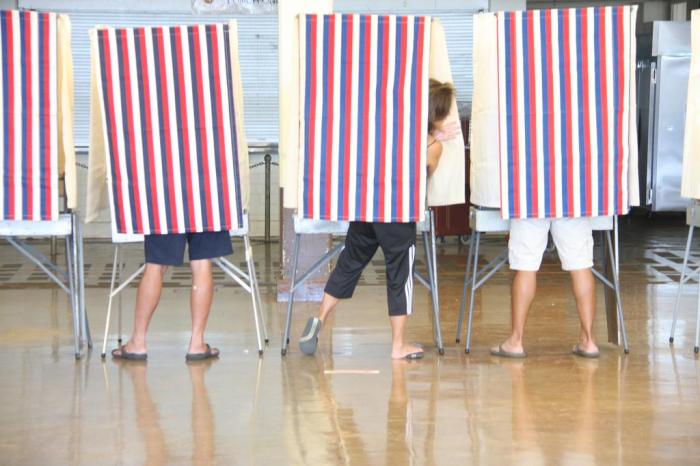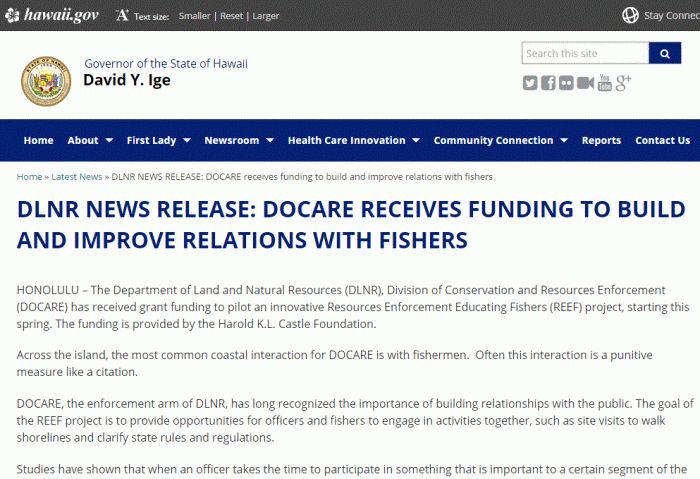 Focused on passing term limits for legislators, conservatives are missing the boat as liberal Democrats pass laws to entrench themselves as lifetime lawmakers. Language inserted into HB2156 (Links: Bill status | Hearing notice) would allow campaign-to-campaign donations up to the allowable limit. As previously written, powerful liberal Democrats use large campaign donations to buy the loyalty of vulnerable one- and two-term representatives that have small campaign war chests to fund their upcoming reelection.
Focused on passing term limits for legislators, conservatives are missing the boat as liberal Democrats pass laws to entrench themselves as lifetime lawmakers. Language inserted into HB2156 (Links: Bill status | Hearing notice) would allow campaign-to-campaign donations up to the allowable limit. As previously written, powerful liberal Democrats use large campaign donations to buy the loyalty of vulnerable one- and two-term representatives that have small campaign war chests to fund their upcoming reelection.
In addition to buying power and weakening our voices in government (similar to Citizens United decision), this has another chilly effect on democracy – it makes it that much harder for a first-time candidate to unseat an incumbent.
The largest barrier to any person trying to unseat an incumbent is raising enough money for the costs associated with printed materials, signs and mailings. Campaign insiders from both parties will tell you that any successful legislative campaign requires a minimum of $10,000. Starting a campaign with anything less is like trying to win the Tour de France with a tricycle.
It’s possible…but…
Many vulnerable Democrats (as of the start of the year) had less than $10,000 in their campaign bank accounts. The practice of campaign-to-campaign contributions would allow vulnerable representatives to collect $2000 from other election campaigns to finance their own reelection. So someone like Kaniela Ing could collect $2000 checks from Scott Saiki, Sylvia Luke and Joe Souki and practically double the amount of campaign cash he has for the next election.
By the way, he has done this before and is positioned to do so again this year.
The increase from $6,000 to $12,000 makes Ing that much more difficult to unseat. The extra $6000 is enough to finance printing and postage of two separate campaign flyers. Ing should be elected by residents of Kihei to represent them. The 1st Amendment allows representatives from Makiki, Nuuanu and Kahului to stack the deck against democracy.
In a lesson of “How to make a good bill bad”, House Finance Chair Sylvia Luke inserted language codifying campaign-to-campaign donations into a “good government bill” – HB2156. The irony hurts. While there are many good parts to HB2156 attempts to do many good things, there is something bad and nasty tucked inside this Trojan Horse. This bill is being heard by the Senate Committee on Judiciary and Labor on Friday (link to hearing notice).
The real joke that has liberal Democrats laughing is that no one – not even elected Republicans, has noticed this language. All seven House Republicans voted for the measure. The four votes cast in opposition all came from Democrats.
To curb lifetime appointments, conservatives rally around issues like “term limits” and fail to look at all the other knobs, buttons and levers that elected officials have to ensure their lifetime appointment. Massive campaign accounts are one of those knobs, and keeping their cronies or minions in office is another. HB2156 is the perfect example of how conservative voices appear to have fallen asleep at the wheel. When this language was heard before the House Finance Committee, only three pieces of testimony were submitted.
Just three.
The ramifications that campaign-to-campaign contributions have on local politics are just as bad as the effects of Citizens United. Elected officials seeking lifetime appointments are robbing us of our democracy – are we just going to sit idly and watch this happen?

 Focused on passing term limits for legislators, conservatives are missing the boat as liberal Democrats pass laws to entrench themselves as lifetime lawmakers. Language inserted into HB2156 (Links:
Focused on passing term limits for legislators, conservatives are missing the boat as liberal Democrats pass laws to entrench themselves as lifetime lawmakers. Language inserted into HB2156 (Links: